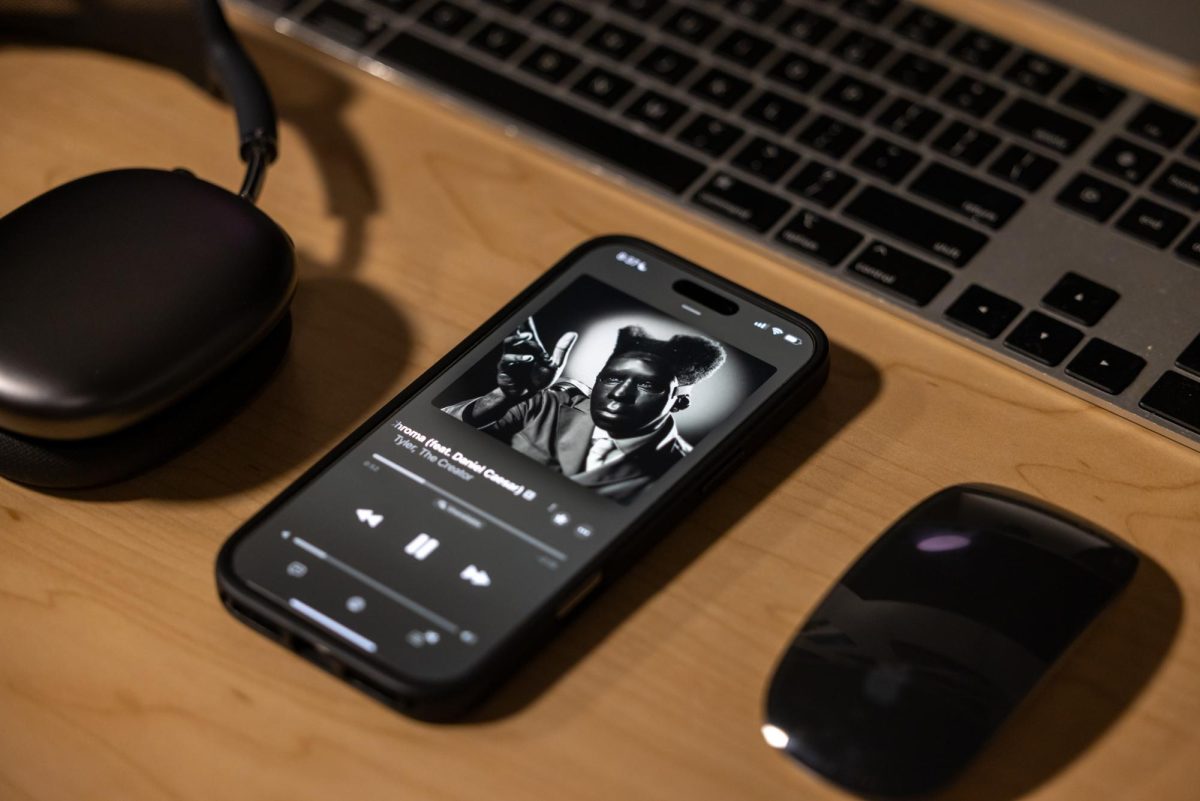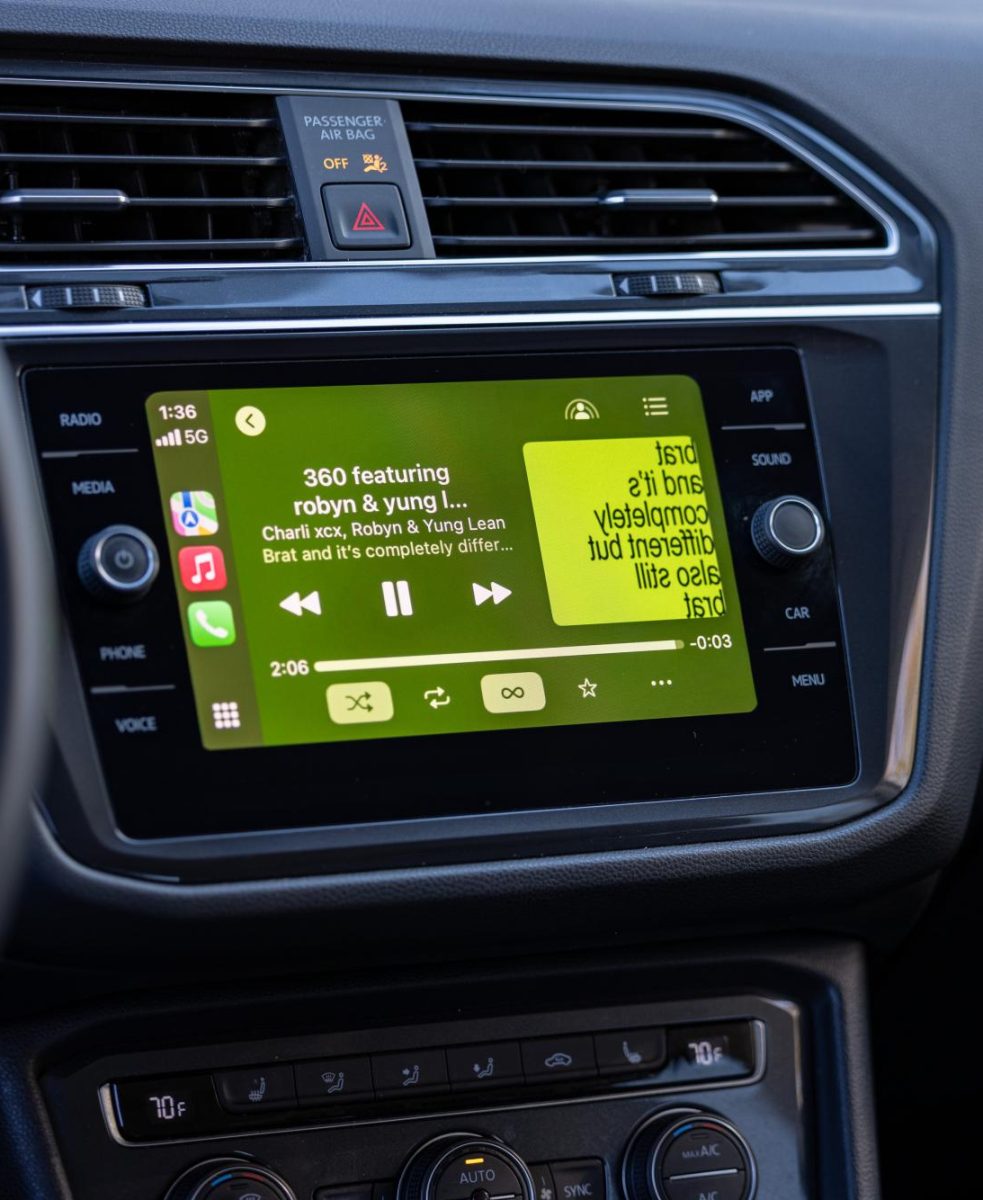In each of his projects the artist dubbed Porches, who is slated for a visit to Madison on Feb. 22, has grown more minimalist and more digital, but never lacks in substance.
From the folky melodrama of 2013’s Slow Dance in the Cosmos, to the synthetic pop Pool in 2016 and now the pared-down electronica The House, Porches, whose real name is Aaron Maine, has proven to be an artist seeking a specific direction throughout his career rather than one who just reflects the going-ons surrounding each record.
Vance Joy announces new album, Nation of Two, to be released later this month
Just as computer technology gets smaller yet ever more powerful, so has Maine’s music. Songs on each of his records feature fewer components but that just makes the ones that remain even more present.
Compare songs from Pool like “Mood” to that of “Now the Water” from The House. Guitar riffs become almost singular strums, chord sequences are more spacey and Maine’s own vocals hold so long as to overlap with one another in the latter track.
There’s competition between parts in his newer stuff, but certainly more collaboration. This allows for more distilled emotions and messages in the songs, purer than ever, but a lack of tension is sometimes apparent as well.
Gr8 Unknowns: Forth Wanderers deliver ‘soothing intrapersonal dialogue’
Sometimes the imperfections are as important as what goes right. Because of this, tracks like “Find Me” feel like some android with a beautiful voice made them.
The transition to a live setting should be a welcome one for tracks like these and all of his tracks for that matter. Live performance is naturally more human than listening to songs through a recording screen.
The connection between oneself and to the music is a much livelier, real one when the person playing it enters the equation, rather than when Spotify’s 1’s and 0’s facilitate it. Still, Maine will have his work cut out for him and one can only hope he’ll employ a live band rather than pre-recorded parts.
If he’s able to re-equate the songs to a live setting with live people, the prospects look good. Adding more humanity to any mostly digital equation blurs and refracts the lines between humanity and machine, and can form something uncanny and uncategorizable.














